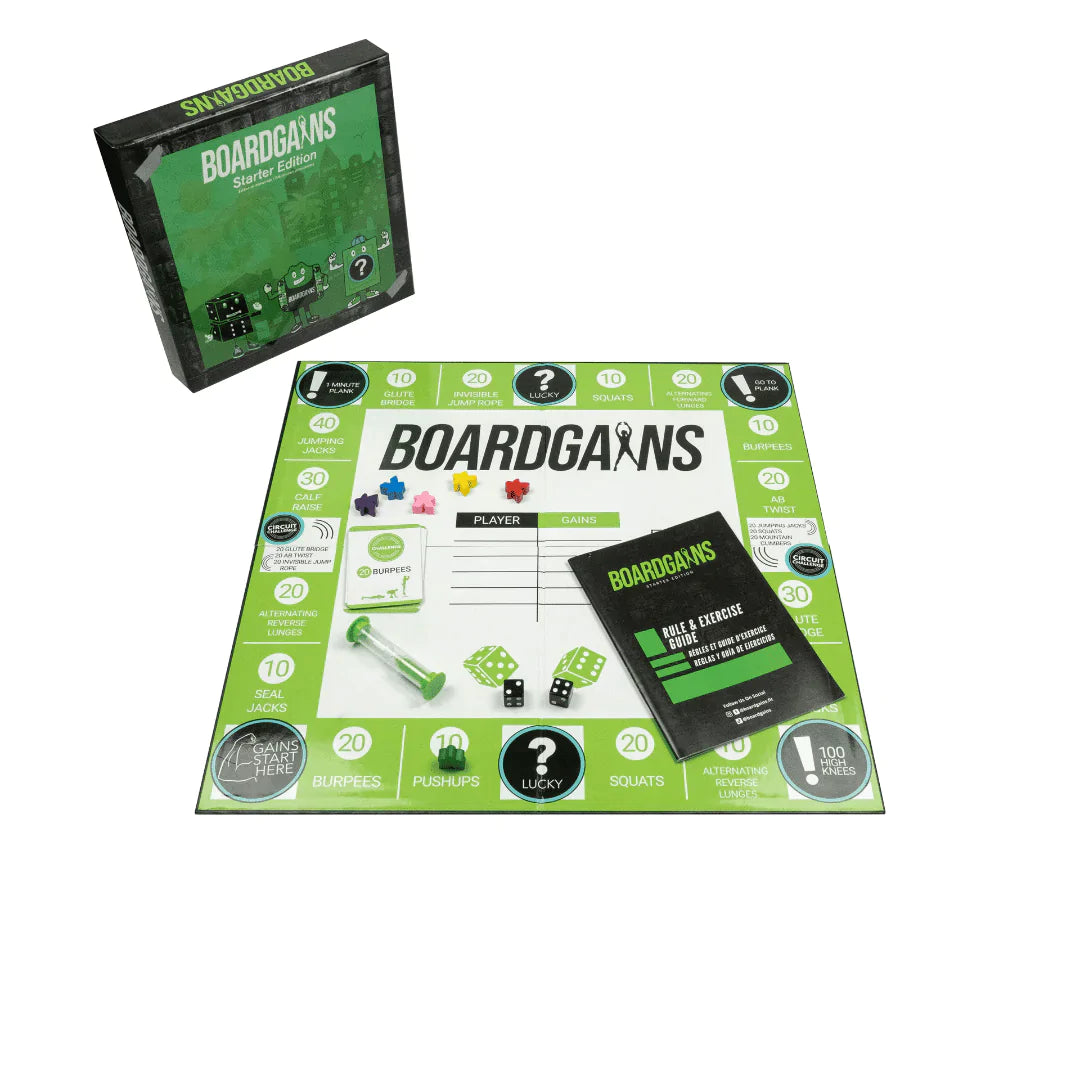Building new habits can change your life in profound ways. Whether you’re striving for better health, increased productivity, or personal growth, habits form the foundation of sustainable success. With a well-structured 21-day plan, you can establish habits that not only stick but transform your daily routine. This comprehensive guide explores the science behind habit formation and provides actionable strategies to help you succeed.
Introduction to Habit Formation
Habits play a critical role in shaping our lives. According to researchers, nearly 40% of our daily actions are habitual, meaning they’re performed with little conscious thought. These repeated behaviors, whether good or bad, shape who we are and determine our success.
Why Habits Matter in Transforming Your Life
Habits simplify decision-making. Instead of relying on willpower, habits automate positive behaviors, making them easier to sustain over time. For instance, brushing your teeth every morning is a habit that doesn’t require much thought—it’s just part of your routine.
The Psychology Behind Habits: Cue, Routine, Reward
The habit loop, first introduced by Charles Duhigg in The Power of Habit, is a framework for understanding how habits work:
- Cue: A trigger that signals your brain to start the behavior.
- Routine: The action itself.
- Reward: The benefit or satisfaction you get, reinforcing the habit.
By manipulating these three components, you can effectively create or break habits.
The 21-Day Habit Theory
You’ve likely heard that it takes 21 days to form a habit, but where does this idea come from?
Origins and Popularity of the 21-Day Rule
The 21-day rule originated from Dr. Maxwell Maltz’s 1960 book, Psycho-Cybernetics. Dr. Maltz, a plastic surgeon, observed that it took his patients roughly three weeks to adjust to their new appearance or routine. Over time, this observation evolved into a generalized belief that any habit could be formed in 21 days.
Does It Work? Debunking Myths and Exploring Science
While 21 days can be an effective starting point, research shows that habit formation varies from person to person. A 2009 study published in the European Journal of Social Psychology found that forming a habit takes an average of 66 days. However, the first three weeks are crucial for laying a strong foundation.
Understanding the Habit Loop
The habit loop is the blueprint for all habitual behaviors. To create lasting habits, it’s essential to understand and manipulate this loop.
Cue: The Trigger That Sets Your Habit in Motion
The cue can be anything—a time of day, an emotion, or a specific environment. For example:
- Time-based cue: Exercising every morning at 7 AM.
- Event-based cue: Brushing your teeth after breakfast.
Routine: Establishing the Action
This is the actual behavior you want to perform. Start with small, manageable actions. For instance, if you want to meditate, begin with just two minutes a day.
Reward: Reinforcing Positive Behavior
Rewards solidify habits by making your brain associate the routine with a positive outcome. Whether it’s a sense of accomplishment or a tangible treat, rewards are key to sustaining new behaviors.
Setting the Foundation for Success
Before diving into a 21-day challenge, preparation is critical.
Defining Your “Why”
Understanding the purpose behind your habit is the driving force for success. Ask yourself:
- Why is this habit important to me?
- What will I gain from sticking to it?
Having a strong “why” keeps you motivated when challenges arise.
Identifying Habits You Want to Change or Build
Be specific. Instead of saying, “I want to be healthier,” pinpoint habits like “drinking 8 glasses of water daily” or “walking 10,000 steps.”
Start Small: Why Incremental Changes Work Best
Small changes lead to big results. Taking on too much at once can be overwhelming and unsustainable. Focus on one habit at a time and build gradually.
How to Structure Your 21-Day Journey
Success in 21 days requires a well-thought-out plan.
Setting SMART Goals
Use the SMART framework:
- Specific: Define exactly what you want to achieve.
- Measurable: Track your progress.
- Achievable: Set realistic expectations.
- Relevant: Align goals with your priorities.
- Time-bound: Commit to a 21-day timeline.
Using Habit Trackers to Stay Accountable
Visual trackers, whether on paper or apps, provide motivation by showing your progress. Seeing streaks of success can inspire you to keep going.
Creating a Routine That Aligns With Your Lifestyle
Build habits that fit naturally into your daily schedule. For example, if evenings are hectic, try morning workouts instead.
The Power of Environment in Habit Building
Your environment plays a significant role in your ability to form habits.
Declutter: Removing Obstacles That Hinder Progress
If your goal is to eat healthier, start by eliminating junk food from your home. Make it easier to access fruits and vegetables.
Create a Supportive Space
Design an environment that encourages positive behaviors. For example, place your workout clothes by your bed to remind you to exercise.
Surround Yourself With Positive Influences
Spend time with people who inspire and support your goals. Their energy can motivate you to stick to your habits.
Techniques to Stay Consistent
Consistency is the backbone of successful habit formation.
The Two-Minute Rule: Starting Small
Make your habit so easy that it’s impossible to fail. For instance, if you want to read daily, commit to just two minutes. Often, starting leads to doing more.
Habit Stacking: Pairing New Habits With Existing Ones
Attach your new habit to an established one. For example, after brushing your teeth, spend five minutes journaling.
Using Affirmations and Visualization
Positive affirmations and visualizing success reinforce your commitment to new habits.
Tools and Resources for Habit Formation
Leveraging tools and resources can significantly improve your chances of success by keeping you organized, accountable, and motivated.
Apps for Tracking Progress
Apps simplify habit tracking and provide visual progress indicators. Here are some popular options:
- Habitica: Gamifies habit-building, turning tasks into quests and rewards.
- Streaks: Encourages daily repetition by tracking streaks of success.
- Loop Habit Tracker: Offers in-depth analytics for habit trends.
Books and Audiobooks That Inspire
Books offer valuable insights and motivation. Recommended reads include:
- Atomic Habits by James Clear: Focuses on small changes leading to big results.
- The Power of Habit by Charles Duhigg: Explains the science behind habits.
- Mini Habits by Stephen Guise: Emphasizes starting small to build momentum.
Habit-Building Communities and Groups
Joining groups with shared goals fosters accountability and inspiration. Online forums like Reddit’s r/getdisciplined or local support groups can help you stay motivated.
Overcoming Challenges During the 21 Days
Every habit-building journey has obstacles. Knowing how to navigate these challenges can make all the difference.
How to Handle Setbacks and Plateaus
Setbacks are natural. Here’s how to overcome them:
- Reframe failure: Missing a day doesn’t mean failure; it’s part of the process. Restart the next day.
- Adjust your approach: If progress stalls, tweak your habit. For example, if exercising feels overwhelming, reduce the duration or intensity.
Dealing With Self-Doubt
Self-doubt often creeps in during challenging moments. Combat it by:
- Celebrating small wins: Acknowledge every step forward.
- Practicing self-compassion: Remind yourself that progress, not perfection, is the goal.
Strategies to Reignite Motivation
If motivation wanes, try these techniques:
- Visualize your “why”: Revisit the reasons behind your habit.
- Change the routine: Experiment with new ways to achieve the same goal.
- Find an accountability partner: Share your journey with someone who encourages you.
The Role of Mindset in Sustaining Habits
Mindset is a critical factor in whether your habits become permanent.
Growth vs. Fixed Mindset in Habit Formation
A growth mindset embraces challenges as opportunities to learn. For example:
- Fixed mindset: "I’ll never succeed because I missed a day."
- Growth mindset: "I learned that consistency is hard, but I’ll try again tomorrow."
The Role of Gratitude and Self-Compassion
Gratitude shifts your focus to progress rather than shortcomings. Daily gratitude journaling can reinforce positivity and resilience.
Why Progress Is More Important Than Perfection
Instead of striving for unbroken streaks, focus on consistent improvement. Missing a day isn’t the end—it’s part of a long-term journey.
Celebrating Small Wins
Celebrating milestones reinforces your commitment and keeps you motivated.
The Science Behind Rewarding Yourself
Dopamine, the brain’s “reward chemical,” is released when you celebrate achievements. This strengthens the habit loop by associating the behavior with pleasure.
Creative Ways to Celebrate Milestones
- Treat yourself to something you enjoy, like a movie or a favorite meal.
- Share your success with others for social reinforcement.
- Document your progress in a journal or photo series.
How Celebration Reinforces Long-Term Success
Celebrating even minor milestones builds momentum, making it easier to tackle larger goals in the future.
Tracking and Evaluating Your Progress
Tracking progress ensures you stay on course and allows you to adjust as needed.
Reflecting on Your 21-Day Journey
At the end of 21 days, take time to evaluate:
- What worked well?
- What challenges did you face?
- How have you improved?
How to Adjust Habits That Aren’t Working
If a habit feels unsustainable, modify it to better suit your lifestyle. For example, if exercising every day is too demanding, aim for three times a week.
Planning the Next 21 Days
Once you’ve completed your first cycle, plan the next. Gradually build on your existing habits or introduce new ones for continued growth.
Common Misconceptions About Habit Building
Understanding misconceptions can help you set realistic expectations.
Why Willpower Isn’t Enough
Willpower is limited. Instead, focus on automating habits through cues and rewards.
The Difference Between Motivation and Discipline
Motivation is fleeting, but discipline ensures long-term success. Discipline develops when habits become second nature.
Breaking the Myth of Overnight Success
Real change takes time. Focus on consistent effort rather than instant results.
Long-Term Strategies for Habit Retention
Habits formed in 21 days are just the beginning. Sustaining them requires ongoing effort.
Transitioning From 21 Days to Lifelong Habits
Gradually increase the intensity or frequency of your habit to build on your progress.
The Importance of Periodic Reviews
Regularly assess your habits. Are they still serving your goals? Make adjustments as needed.
Adopting a Continuous Improvement Mindset
Always look for ways to improve. Whether it’s refining an existing habit or starting a new one, embrace lifelong learning and growth.
Frequently Asked Questions (FAQs)
1. How Do I Choose Which Habits to Work On First?
Focus on habits that align with your most important goals or values. Start with one habit to avoid feeling overwhelmed.
2. Can I Build Multiple Habits Simultaneously?
It’s possible but challenging. Begin with one habit and add more once the first becomes automatic.
3. What Should I Do If I Miss a Day?
Missing a day is normal. Acknowledge it, avoid guilt, and restart the next day.
4. Is 21 Days Enough for Permanent Change?
It’s a great starting point, but forming permanent habits often takes longer. The key is consistency beyond 21 days.
5. Are There Bad Habits That Can’t Be Broken?
Any habit can be changed with effort and the right strategies. Focus on replacing bad habits with healthier alternatives.
6. How Do I Involve My Family or Friends in Habit Building?
Share your goals with them and invite them to join you. Mutual support strengthens commitment and accountability.
Conclusion
Building healthy habits in 21 days is achievable with preparation, consistency, and the right mindset. By leveraging tools, overcoming challenges, and celebrating small wins, you can create lasting change. Remember, every step forward brings you closer to your goals. Start today and take control of your future—one habit at a time.










Leave a comment
This site is protected by hCaptcha and the hCaptcha Privacy Policy and Terms of Service apply.